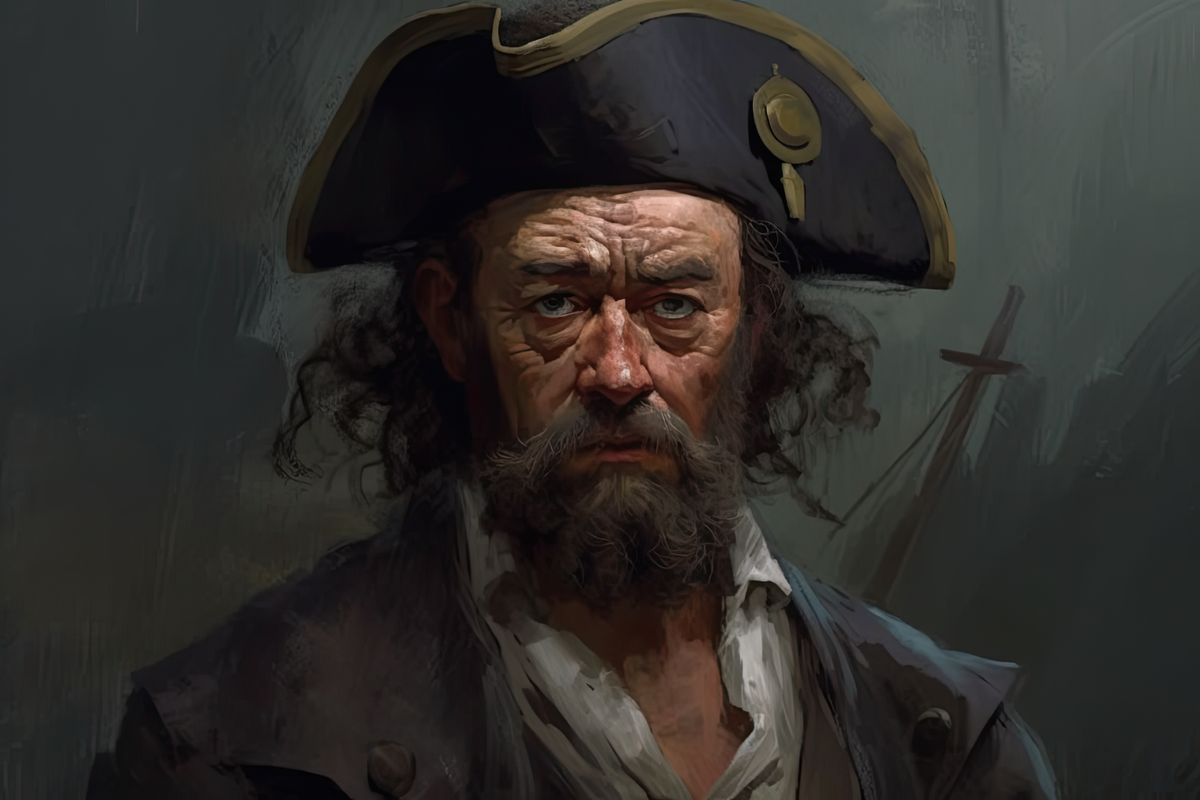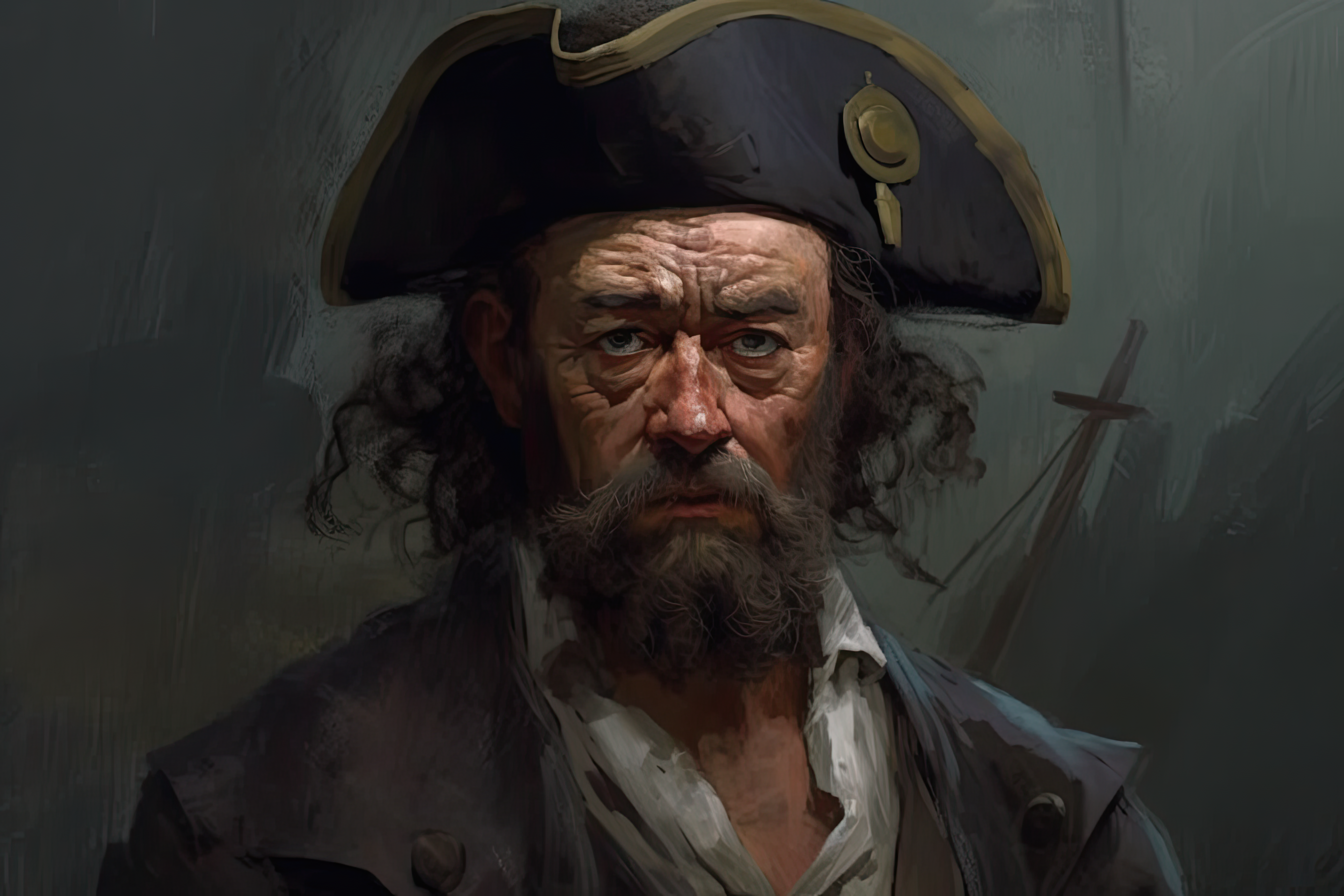Of Ears and Empires: The War of Jenkin's Ear
Dive into a riveting saga of severed ears, national pride, and a war unlike any other. From the high seas to the hallowed halls of Parliament, this is the epic tale of how an ear ignited a clash of empires, making history in the process.


In the annals of history, where titanic struggles between empires and epochs have been recorded, there stands one conflict of such momentous importance that it has etched itself into our collective memory with a name as singular as the event itself: The War of Jenkins' Ear.
This was not just any war, oh no, it was a war of unparalleled significance, a drama of biblical proportions that spun around the most unlikely of heroes: an ear, the humble organ of the human body, now the fulcrum on which the fate of nations would pivot. The ear in question belonged to Captain Robert Jenkins, a British mariner who found his destiny and his ear cruelly, and quite literally, separated in the year of 1731.
Our story begins with Jenkins' ship, the Rebecca, being boarded by the Spanish coast guard. Convinced that the ship was smuggling goods, they searched high and low, but found nothing. Devoid of any contraband, the ship was as innocent as a newborn babe. But, the Spanish, not ones to let a good confrontation go to waste, decided that if they couldn’t find any goods, they would take an ear instead.
Like a scene from an operatic tragedy, Jenkins’ ear was severed from its rightful place on the side of his head. The Spanish officer, with a flair for the dramatic, handed the severed ear back to Jenkins with a chilling message for King George. One imagines it was not a request for a friendly game of cricket.
The incident quickly gained traction in the political sphere of the British empire. In an era where honour was not just a word, but a way of life, this brutal act of audiological assault was nothing short of an affront to the British crown itself. The loss of Jenkins' ear was not merely an act of violence against a single man, but a declaration of war against the entirety of Britain.
And so, the nation rallied, embarking on a righteous crusade in the name of Jenkins' ear, with every cannon blast and drumbeat echoing the cry for justice. Britain, led by the indomitable Admiral Edward Vernon, roared into battle with a fury fuelled by the memory of the severed ear. Even as they faced setbacks and challenges, their resolve remained unbroken, for this was not a war for territory or wealth, but a holy mission of retribution.
As the war raged on, the Spanish, led by the cunning Don Blas de Lezo, employed a "tactical retreat" strategy. But the British, like an unyielding tide, kept on, for their goal was clear: justice for Jenkins, and by extension, justice for every British subject who had ever suffered under Spanish tyranny.
In 1748, the conflict finally came to a close, leaving in its wake a legacy as unique as its inception. No territories were won or lost. No grand treaties were signed. But the British had made their point, as clear as the ringing of a church bell on a quiet Sunday morning: you could take their trade, you could challenge their navy, but you could not, under any circumstances, take their ears without expecting retribution.
As for our hero, Captain Jenkins? He vanished from the historical stage, but his legacy lived on. His ear, a symbol of courage, resilience, and unyielding dignity, had sparked a conflict that resonated through the ages. The War of Jenkins' Ear, a testament to the indomitable spirit of a nation, remains a shining beacon in the annals of history, a war fought not for wealth or power, but for honour, for justice, and above all, for Jenkins' ear.





